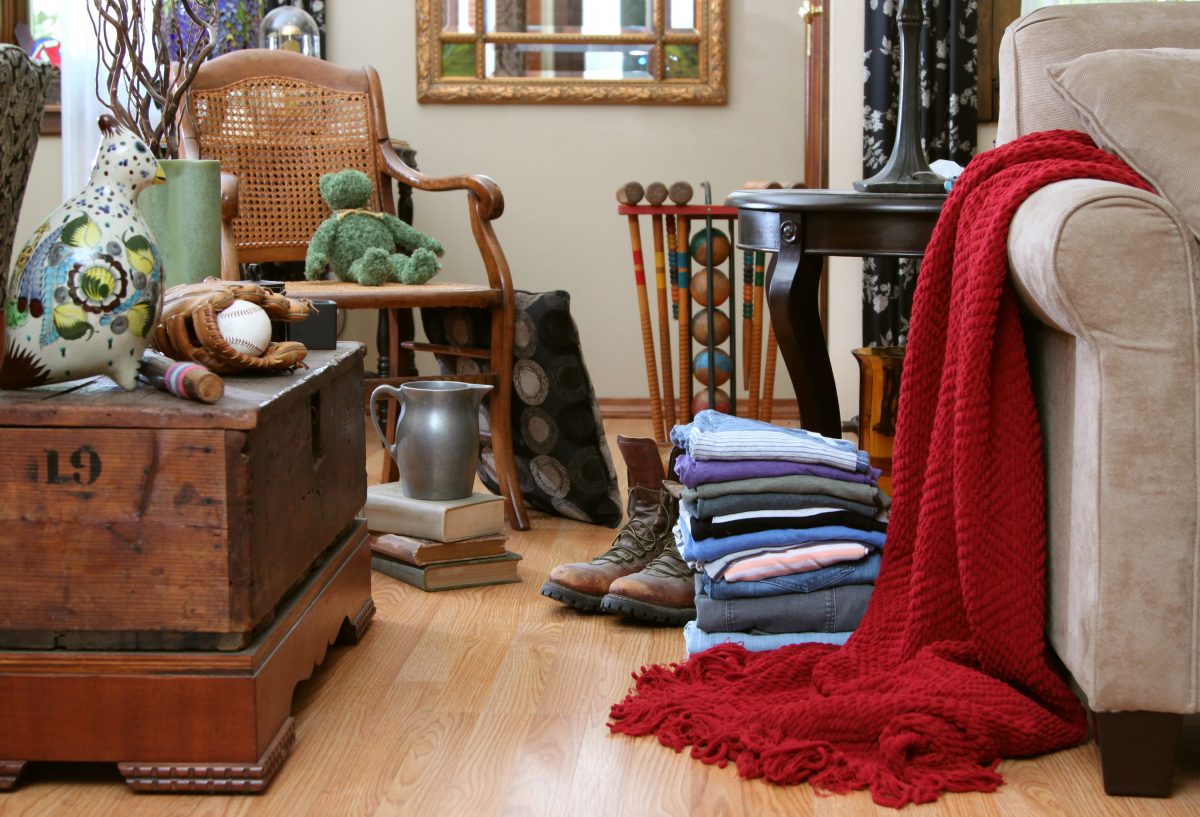Millions of elderly Americans rely on the care and shelter provided by nursing homes. Patients of nursing homes and skilled care facilities have a right to a safe environment; unfortunately, these patients are attractive targets for thieves. In a nursing home industry study, it was estimated that over 25% of facility employees witnessed coworkers stealing from patients under their care. Patients are often incapacitated or impaired, making it difficult for them to keep track of their possessions and opening the door to the possibility of theft. It is important to protect patients’ belongings and their personal safety in nursing home facilities – here is a look at best practices to prevent theft.
Preventing Nursing Home Theft
There is an expectation of dignified and respectful care when a patient becomes a resident of a nursing home facility. In fact, most states grant patients specific rights that protect their interests and their safety; one of these rights is the right to be free from the misappropriation of property. Many nursing homes allow patients to retain and use their own personal possessions to some degree.
Unfortunately, nursing home patients are at risk of theft, including theft of possessions by nursing home staff, facility visitors, or fellow facility residents. Patients at these facilities often struggle with cognitive impairments or serious health conditions, making them unable to protect their belongings adequately.
To prevent nursing home theft, it is critical for patients and their families to complete a thorough inventory of belongings brought to the facility. It is a good idea to include clear photographs of items, capturing details like serial numbers or identifying marks. Residents and family members may also have the option of secure storage of items, such as in a small safe or lockbox, to help minimize the possibility of loss. Finally, residents may opt for specialized nursing home insurance coverage, providing financial protection in cases of loss or theft of valuables.
The Role of Nursing Home Insurance in Risk Management
Nursing home insurance is designed to protect patients, including their belongings like jewelry, personal effects, clothing, and furnishings. This insurance provides coverage against losses such as theft, fires, and other named perils. Nursing homes themselves can benefit from specialized insurance programs as well, serving as an important component of the risk management puzzle.
Most nursing home insurance plans include general and professional liability coverage in addition to features like property and business interruption coverage. Most importantly, many comprehensive insurance plans include crime insurance and coverage for violation of residents’ rights, both critical factors in managing risk for the facilities and their patients. Nursing homes and care facilities have an obligation to provide a safe, caring environment for their patients, and nursing home insurance is one way that facilities can protect their financial assets and their patients at the same time.
About Caitlin Morgan
Caitlin Morgan specializes in insuring assisted living facilities and nursing homes and can assist you in providing insurance and risk management services for this niche market. Give us a call to learn more about our programs at 317.575.4440.


